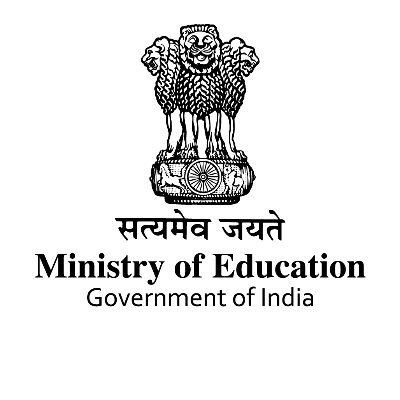Steps taken by the government to ensure equal access to education

The Right of Children to Free and Compulsory Education (RTE) Act, 2009, mandates the appropriate Government to provide free and compulsory elementary education to every child of the age 6 to 14 years in a neighbourhood school. During the pandemic, the Ministry of Education has taken various steps for providing children remote access to education, which are available to each category of students including SC/ST irrespective of their region or economic standard.
A comprehensive initiative called PMeVidya has been started which aims to unify all efforts related to digital/online/on-air education to enable multi-mode access to education. The initiative includes all forms of digital modes to provide wide access – DIKSHA (online), SWAYAM (online), SWAYAM PRABHA (TV), other TV Channels including use of Doordarshan and AIR Networks. Further, PRAGYATA guidelines were issued to States/UTs to facilitate continued education through various modes. The guidelines inter-alia include situations where internet connectivity is not available or available with very less bandwidth, these resources are shared through various platforms like television, radio etc that do not depend on internet. An Alternate Academic Calendar has been prepared for learning solutions for grade 1 to 12 for both children with and without device. Besides these, community radio, worksheets & textbooks supplied to residence of learners, home visits by teachers, community classes, toll free numbers, SMS based requests for audio content, localised radio content for edutainment etc have been used. The steps taken by all the states and UTs are shown in the – India Report Digital Education June 2020, which is available at the following link:
https://www.education.gov.in/sites/upload_files/mhrd/files/India_Report_Digital_Education_0.pdf.
This information was given by the Union Minister of Education, Shri Dharmendra Pradhan in a written reply in the Rajya Sabha today.
